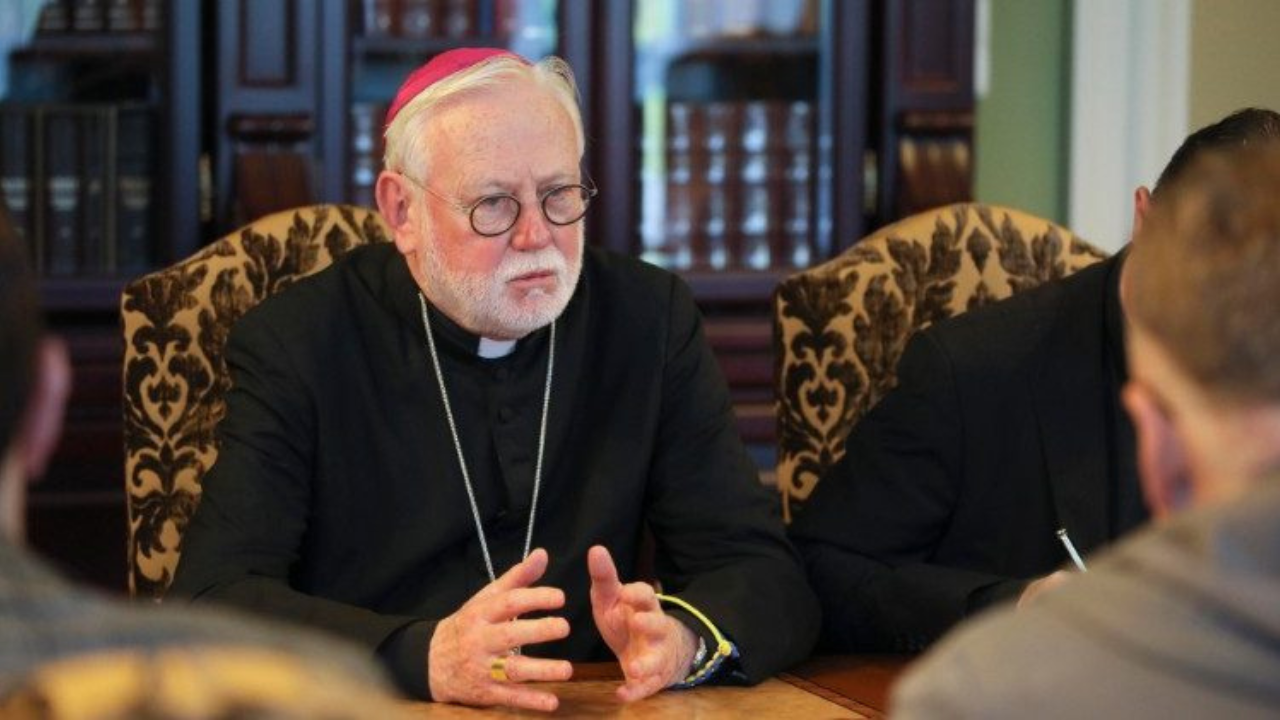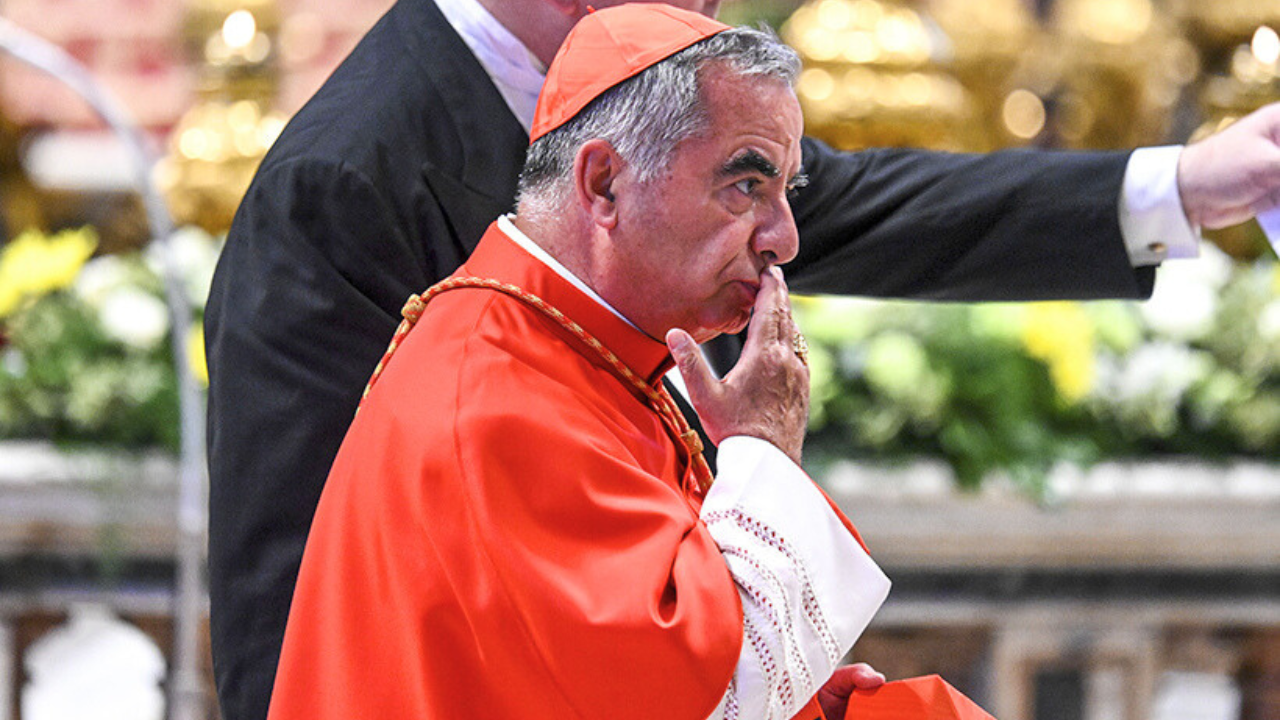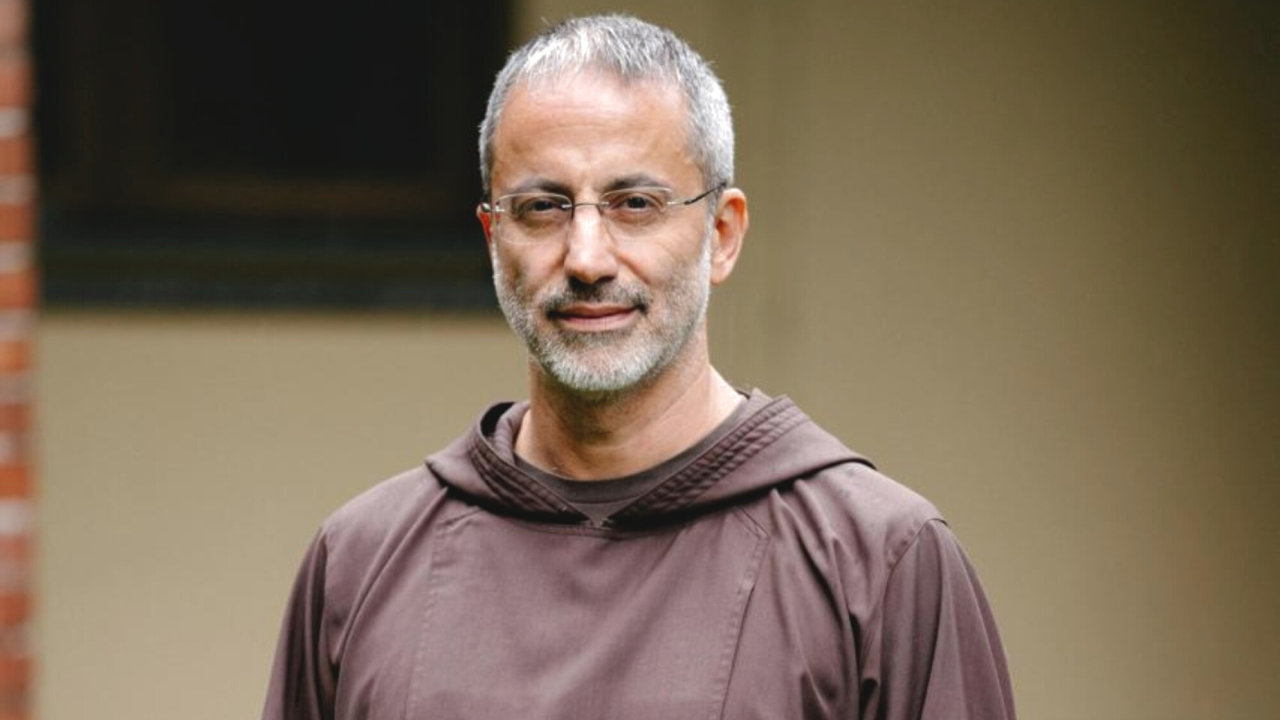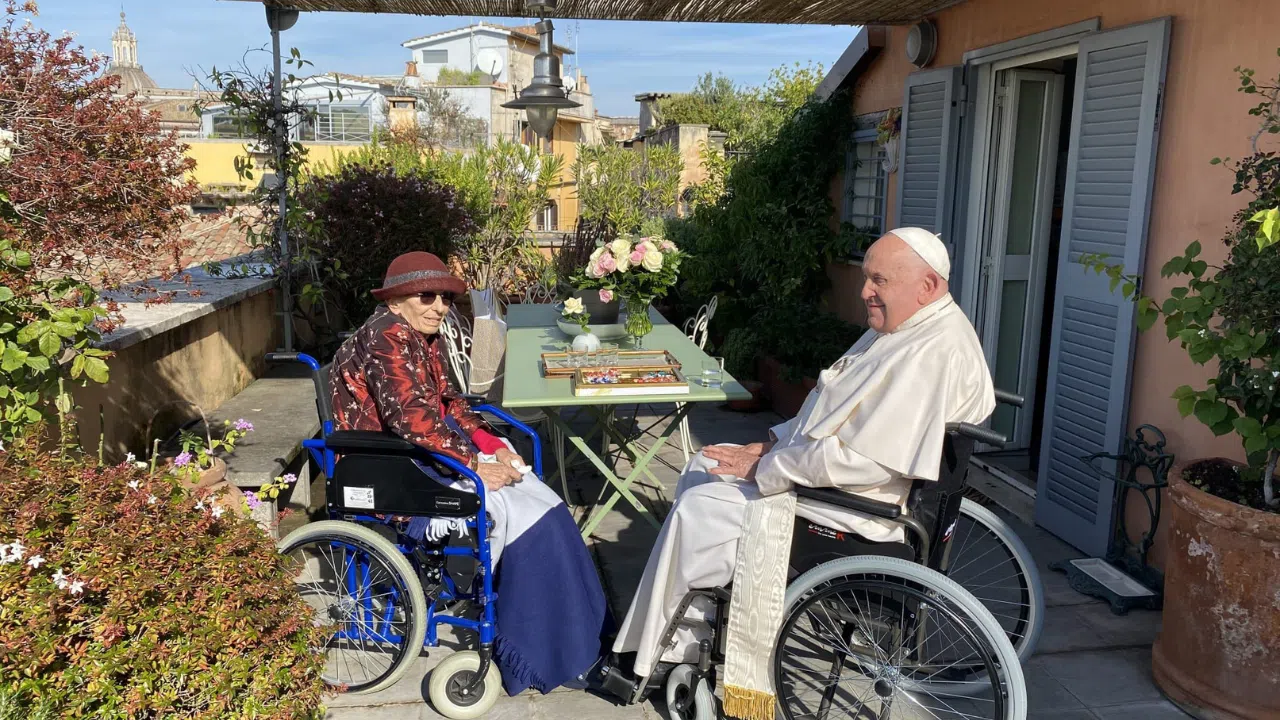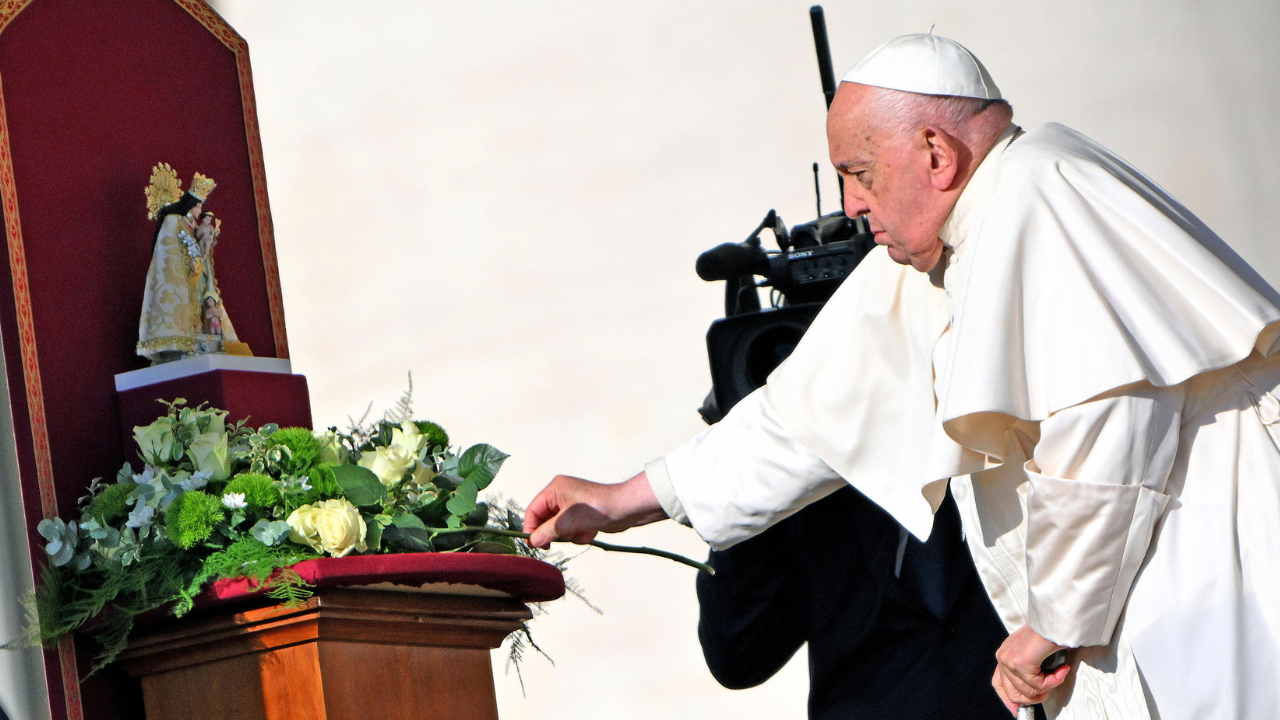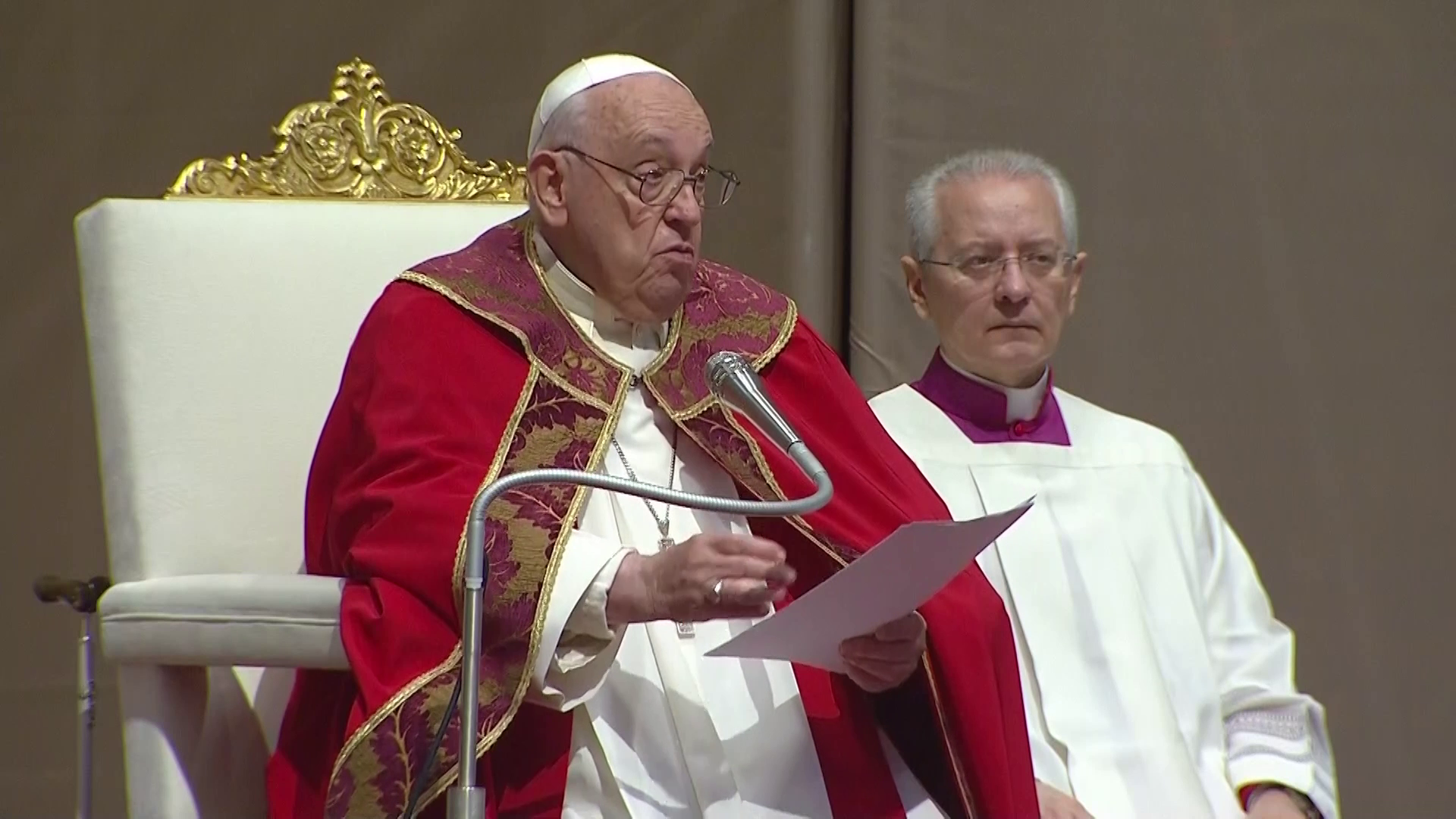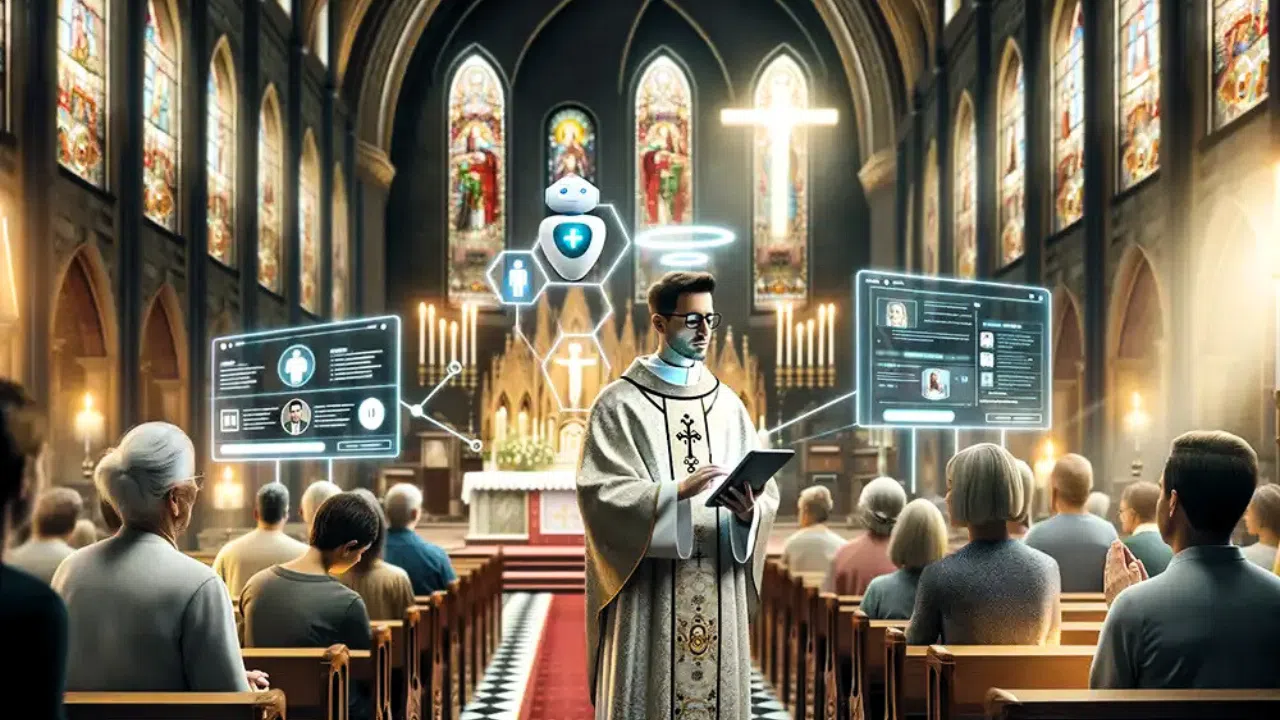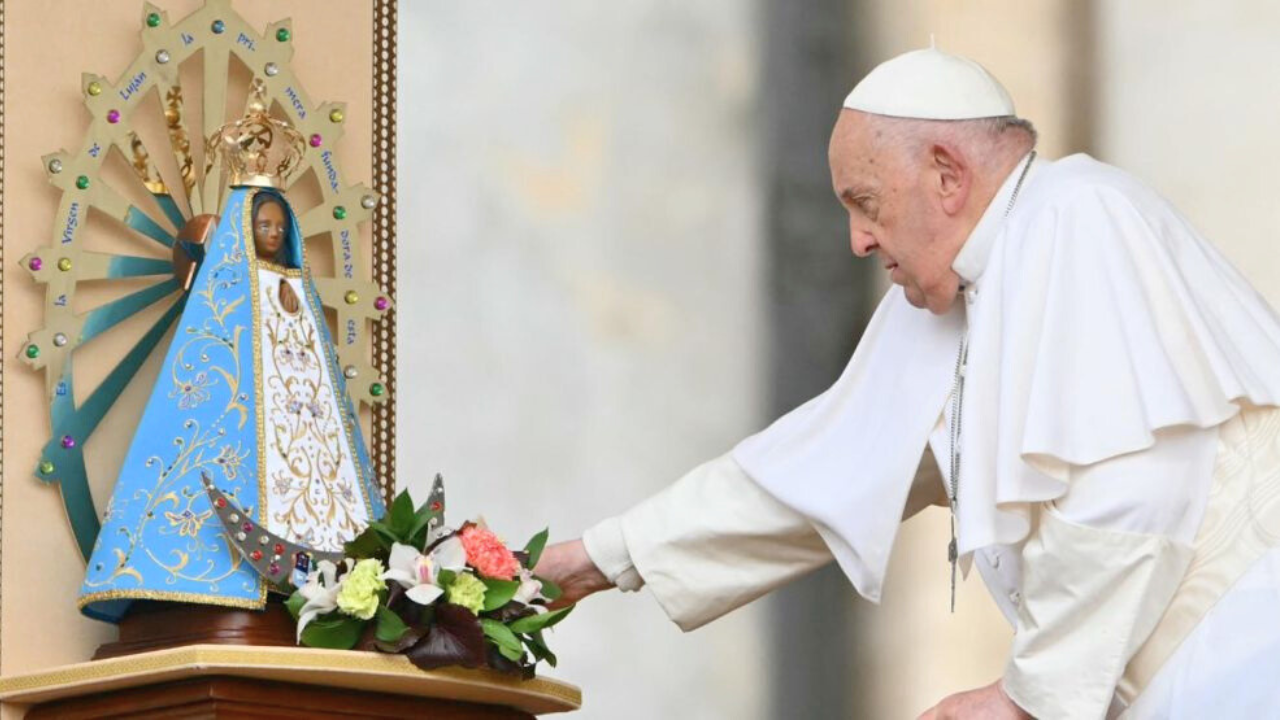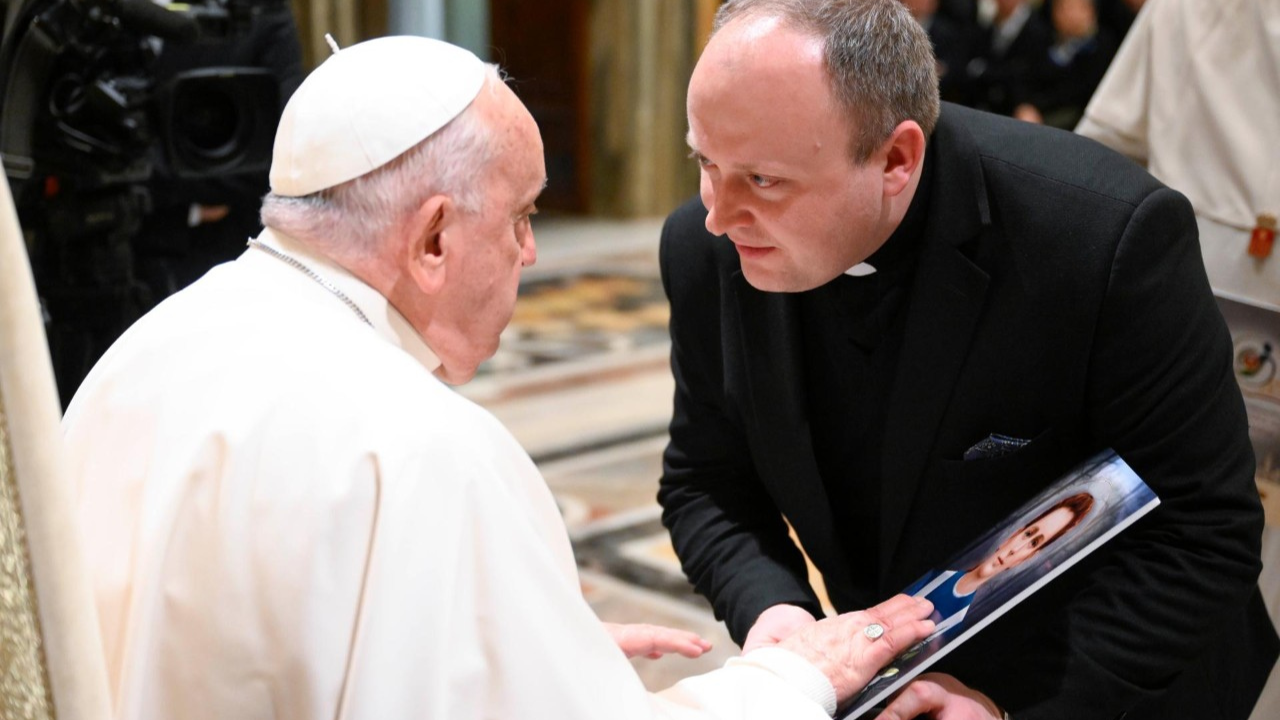Existing models of artificial intelligence are currently equipped with the capability to learn on their own, complete various tasks and are even being taught to dream at Google's DeepMind. Yet, according to scientists, one of the main missing components in robots is their ability to recall memories from the past and use them in a useful way to plan for the future.
The Pontifical Academy of Sciences is holding a conference at the Vatican on the Power and Limitations of Artificial Intelligence to discuss not only the advancements scientists have made, but how they relate to society and align with the dignity of humans.
DEMIS HASSABIS
Google DeepMind, Co-Founder
'It's my second time here now and it seems like the Church is very interested in these topics, which is great to see, because I think we should have this debate on a wider scale. One of the things I'm most excited about are using these artificial intelligence systems to help us advance medicine and science. So I would like to see these AI systems as tools that our human experts help them make bigger breakthroughs. And then maybe one day, that will impact society on a wider scale, with things like climate and politics and all sorts of areas in society.â?
This impact is already being seen and performed by Prof. John Donoghue, who is experimenting with these advancements through medicine. He said the artificial intelligence is helping people who have had strokes or spinal cord injuries gain back a small portion of their mobility. He continued explaining that for the missing pieces of the nervous system, replacement parts are made that pick up the brain signals and allow the person to complete the task.
Now, this augmentation of capabilities being incorporated into a persons' body is something that is raising concern.
PROF. JOHN DONOGHUE
Wyss Center for Bio and Neuroengineering
'When if you're 80 percent human and 20 percent machine, is that ok? But what happens when we're 20 percent human and 80 percent machine? So these are dilemmas that we have to face. They are complex questions that we haven't resolved. Something that the discussions here will really focus on and I think help begin to resolve this. But now is the time to really have these kinds of discussions, before we have the capability, so we can think about their implications in the future.â?
However, despite augmentation or utilizing the mental capabilities of AI, one trait that at this moment still makes humans human is the soul and the moral compass that can drive each decision.
DOMINIQUE LAMBERT
University of Namur (Belgium)
'Machines can be very important to help human persons, but there are some ethical and anthropological questions regarding the replacement of humans by machine because many tasks performed by humans, moral decision and so on, cannot be performed by machine. Then it is important to restore the unique place of human beings in artificial intelligence.â?
While there has been rapid progress recently in the field of artificial intelligence, the scientists agreed that they've got a long way to go before they can mimic not only human level intelligence and memory in robots, but the morals and sense of reason that accompanies each person in their conscience.
MB
AA
VM
-PR
Up:JRB

